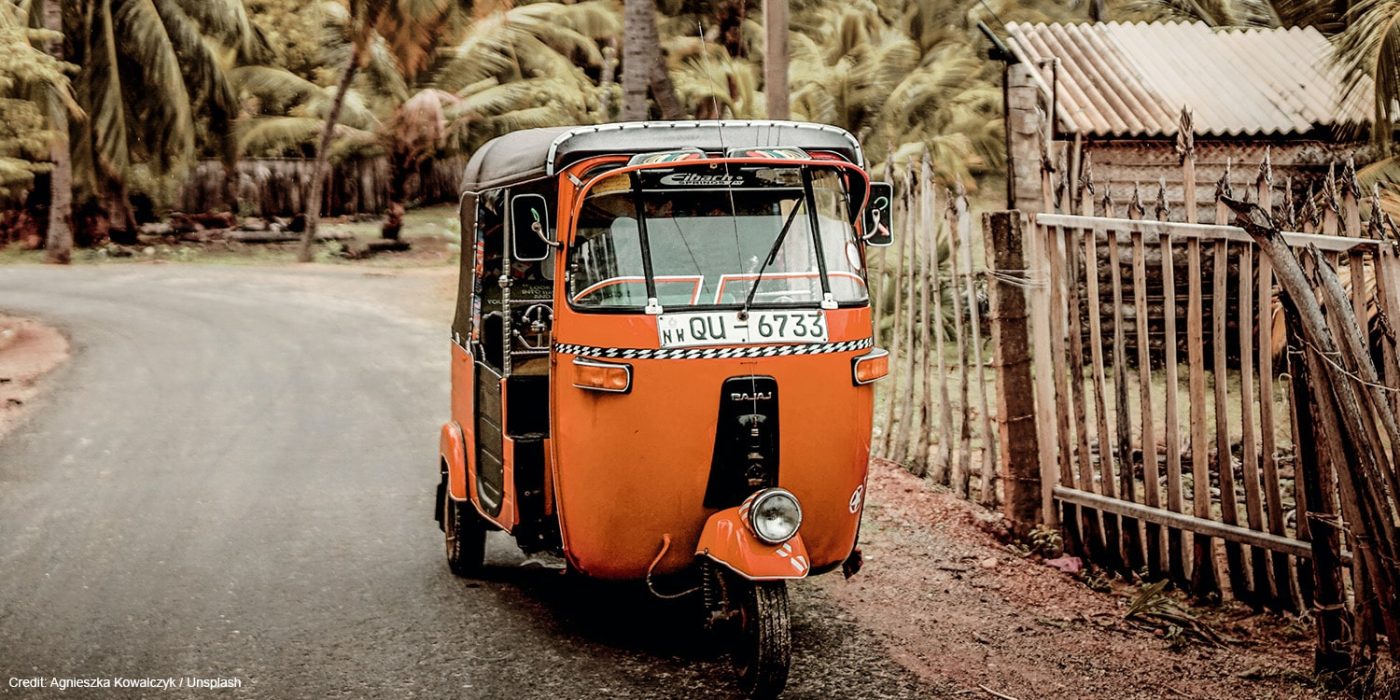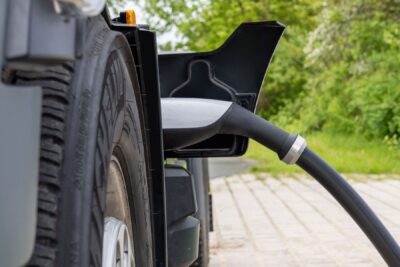Sri Lanka to electrify 500,000 tuk-tuks
Over the next five years, Sri Lanka plans to electrify half a million ‘tuk-tuk’ three-wheelers. This was announced by the Ministry of Transport and Highways and the Ministry of Power and Energy in cooperation with the UNDP.
Together with help from the United Nations Development Programme (UNDP), the Sri Lankan government plans to convert the popular transport vehicles from combustion engines to electric drives in three stages. First, an incubation phase will precede the larger venture, in which 200 tuk-tuks are to be electrified, after which a demonstration phase will follow. Finally, the third phase is titled the acceleration phase, in which the rest of the vehicles are to be electrified. During the incubation phase, the UNDP will cover the conversion costs for the vehicles.
A priorisation of the project is to aimed at drivers whose livelihood depends on a single tuktuk, as well as women and disabled persons. Further, “the age of tuk-tuk should not be greater than 10 years from date of manufacture, only petrol 4-stroke three-wheelers are eligible”. The initiators also hope that the programme will “support the revival of micro level/informal sector economic activities to inject much needed currency into the local economy”.
Currently, about 1.2 million tuk-tuks are on Sri Lankan roads, which are mainly imported from the neighbouring India. Since 2022, however, the number of vehicle imports dwindled to practically nothing as the government had decided to forbid vehicle imports due to the dollar crisis. Furthermore, being unable to import necessary fuel, nearly 500, 000 tuk-tuk drivers who were dependent on hires became jobless last year.
“This pilot project will serve as a platform to launch electric three wheelers in the country. Electric three wheelers will not only benefit individual operators but also contribute to spring boarding the country’s economic recovery process,” said Transport and Highways Minister Bandula Gunawardena.
UNDP Resident Representative Azusa Kubota added: “Through this pilot project UNDP will support the Government to establish a viable system which can be scaled up and will prioritise marginalised groups, including women and persons with disabilities while keeping equality and equity at the core of our work.” His organisation further wrote: “With the prevailing socio-economic crisis in the island, a shift towards adopting sustainable mobility approaches has been identified as a necessity for a green recovery process.”





0 Comments